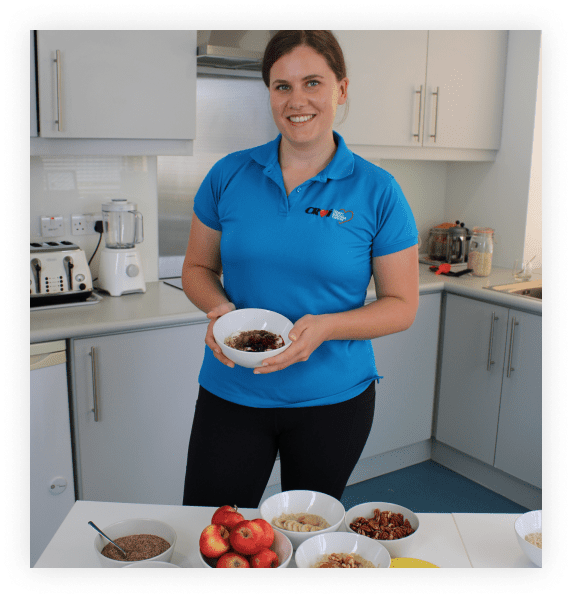Healthy Eating
Home / Healthy Eating
Eating For A Healthy Heart
Following a heart-healthy diet is one of the ways that you can reduce your risk of developing cardiovascular disease. What we eat and drink affects our blood pressure, cholesterol, blood sugar levels and fat stores in our body – all of which are risk factors for cardiovascular disease if not controlled. Therefore, a healthy diet is important for everyone.
Eating for a healthy heart does not have to be overly complicated and we don’t have to be perfect all the time! It’s what we eat most of the time that really counts. As a general guideline, a Mediterranean-style way of eating is known to be very heart-healthy. It can help to lower blood pressure, cholesterol and blood sugar levels and can also be helpful for weight management. For more information on the Mediterranean diet click here. Even if you don’t follow the Mediterranean diet, there are certain tweaks that you can make to your current diet to make it more heart-healthy.

1. Limit your intake of saturated fat
If you have high cholesterol, reducing your intake of some or all of these foods can help to lower your LDL cholesterol level. Switching to lower fat cooking methods can also be helpful. For example, grilling, baking, stir-frying, steaming, microwaving or air frying are better options than frying or deep frying. Using non-stick pans or using spray oil or water instead of oil are other low-fat cooking options.
2. Increase your intake of unsaturated fats
- Have fish 1-2 times per week (make one of these an oily fish such as salmon, trout, mackerel, sardines or herring).
- Use rapeseed or olive oil for cooking. Extra virgin olive oil is great as a salad dressing.
- Add pumpkin, sunflower or flaxseed/linseed to your porridge, yoghurt or salads.
- Include avocados in salads or meals.
- Snack on a small handful of plain unsalted/unroasted nuts daily (about 30g).
3. Reduce your salt intake
Aim to consume less than 5g of salt per day – most people consume about 9-12g per day. In fact, a single takeaway meal can contain as much as 9g! To help you make informed choices, you can learn to read food labels using our Croí Shopping Card.